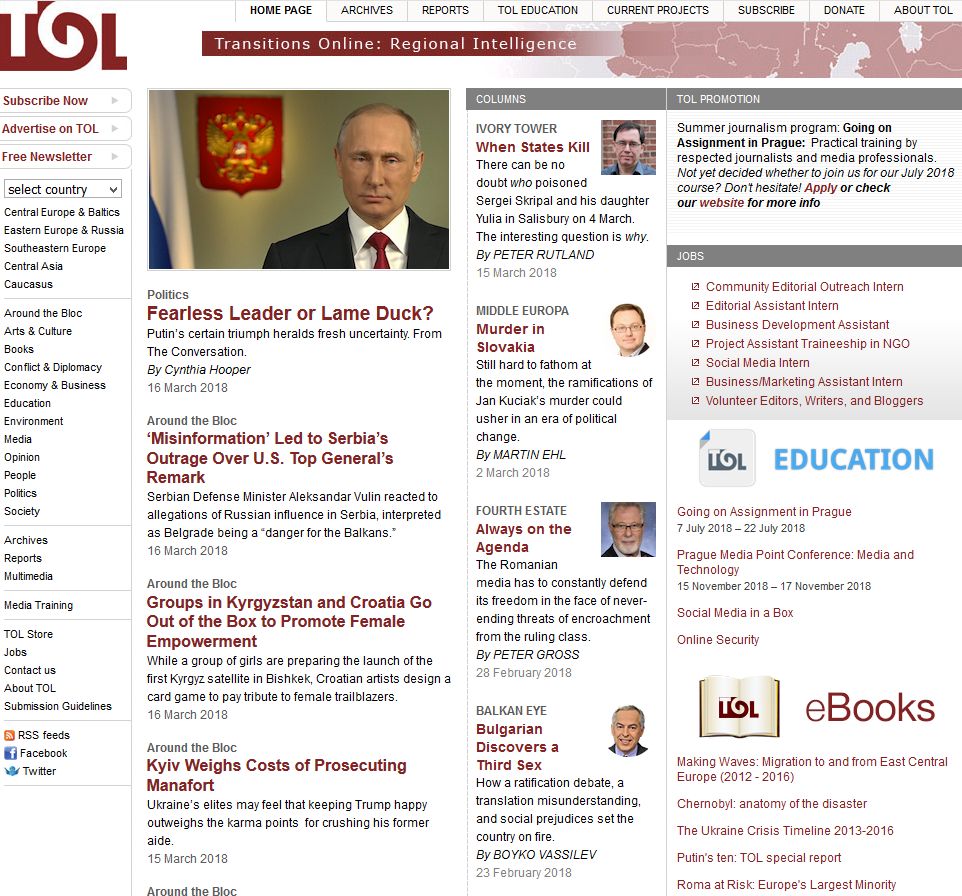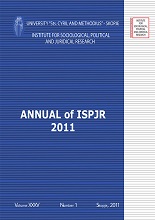Author(s): Slavejko Sasajkovski,Ljubica Micanovska / Language(s): English
Issue: 1/2011
The functions of the modern capitalist state that were applied and demonstrated in USA during the 2008 financial-economic crisis, both as a respond to, and a solution of the financial–economic crisis (first of all, the anti-cyclic nature of the applied fiscal and monetary policies, exactly as determined and recommended by John Maynard Keynes), have theoretically, ideologically and politically troubled exactly the determination and definition of the social–economic functions of the modern capitalist state. That is, primarily the concrete concept and the concrete ways of anticrisis application of the fiscal and monetary policy have clarified to the extreme limits the problem of the theoretical and ideologically political identity of the modern capitalist state.
This clarification of the problem of theoretical and ideologically–political identity of the modern capitalist state in the societal field of social–economic relations, complemented and strengthened through the previously conducted reform of the health care system from the position of strengthening the power, competencies and functions of the modern American capitalist state, has also imposed the interest in the phenomenon of the so-called Big Government to the theoretical and ideologically–political plan.
It is understandable and very normal that this interest that is especially and primarily theoretically and ideologically–political, has occurred and was demonstrated exactly by the American theoretical and ideologically political (Republican) right wing. So it happened that among the other striking theoretical and ideologically- political products and reactions appeared ultra (neo) conservative and ultra (neo) liberal Tea party movement, as well.
If we sublimate, the (neo) conservative and (neo) liberal reaction to the awakening of the left–capitalist/capitalist interventionist “Big Government” is located and moving along the theoretical and ideologically political path of emphasizing the loss of the civil/individual freedom for the interest of expansion and growth of the state/ bureaucratic powers and functions. That is, the subordination of the civil/individual interest is explicated theoretically and ideologically-politically as being exerted for the benefit of the prevalence of the state / bureaucratic interests.
Within this thematic and problem context, besides and after the reform of the health care system, the theoretical and ideologically political troubling of the phenomena of the very intensive strengthening and expansion of the ”Big Government” in USA is included and manifested exactly in and through the concrete provisions of the Dodd-Frank Act. It is so because this Act, on the basis of the strengthening and expansion of the theoretical and ideologically political concept of the state interventionism (the concept and the policies of the “Big Government”) regulates/reforms the social–economic area of the financial markets. It is an Act (Wall Street Reform) which from the theoretical and ideologically political positions of the capitalist state interventionism should essentially enable and provide stability, accountability and transparency of the financial markets and protection for the customers of those markets.
More...











